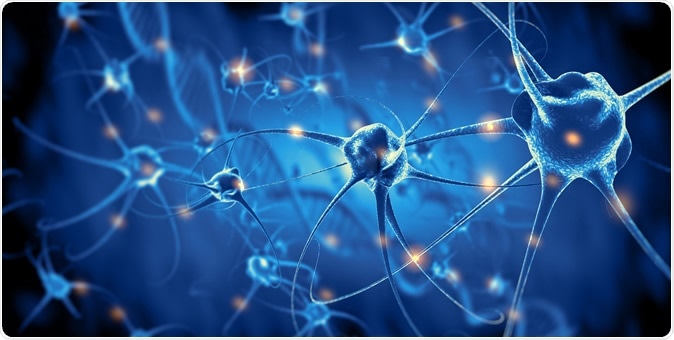Illicit drug use has been linked to disability, death, and the risk for many diseases. But more, it is associated with risks to the person’s family, friends, and the community.

Image Credit: Giovanni Cancemi / Shutterstock
The burden of illegal drug use and overdose has taken a toll on many lives. Some 31 million people across the globe have drug use disorders, the World Health Organization (WHO) reports. In Australia, the consumption of tobacco, alcohol, and other drugs is a major cause of preventable disease. In 2016, about 3.1 million Australians who are 14 years old and above had illicitly used drugs in the last 12 months.
In the United States, the cost of abuse of alcohol, tobacco, and illicit drugs is amounting to $740 billion in costs related to lost work productivity, crime, and health care. For the nearly 20 million adults in the U.S. who are addicted to alcohol or drugs, there is no effective medical treatment that exists, even if there are many studies surrounding the factors that can trigger a relapse.
Now, a new study highlights an important discovery that may help formulate noble addiction medicines. A team of researchers at the Scripps Research Institute studied how the brain responds to environmental cues that can suppress, and not promote, drug cravings, particularly for alcohol and cocaine, two of the most abused drugs.
They wanted to focus on how brain mechanisms may contribute to better medicines and treatments for addiction, rather than dig for clues on what drives relapse among those suffering from drug addiction and compulsive use.
“Medications designed to counter brain processes that lead to relapse have seen limited success in patients, as have non-drug interventions such as cue-exposure therapy that seeks to help individuals deal with addiction triggers,” Dr. Nobuyoshi Suto, from the Scripps Research's Department of Neuroscience, said.
“We believed an alternate strategy would be beneficial, so we sought to explore what happens in the brain in the absence of triggers when cravings are not driving behavior,” he added.
Understanding brain responses to cues
Drug addiction is a chronic relapsing disorder of compulsive use of drugs. There are many studies on the neurobehavioral factors that trigger a relapse, but these have yet to formulate an effective treatment. In the study, published in the journal Nature Communications, the researchers took a different approach and studied the factors that help suppress a relapse.
Environmental cues predictive of drug availability, combined with the drug itself and stress, are considered as major relapse-promoting factors. These factors can trigger bouts of craving in addicts who are recovering.
To land to their findings, the researchers studied how nerve cells behaved in the infralimbic cortex located in the brain, which is responsible for the control of impulses. In the series of experiments, the researchers worked with male rats, which were conditioned to have compulsive use tendencies of cocaine and alcohol. The team aims to see what happens when the rats received environmental cues, like a citrus scent, that drugs were not available. The signals, dubbed as omission cues, had successfully suppressed all of the major factors that promote drug relapse.
To further find evidence, the team studied brain mechanisms that hinder relapses.
"Our results conclusively establish that certain neurons that respond to omission cues act together as an ensemble to suppress drug relapse," Suto explained.
"A medical breakthrough is needed in addiction treatment. We hope that further studies of such neural ensembles--as well as the brain chemicals, genes and proteins unique to these ensembles--may improve addiction medicine by identifying new druggable targets for relapse prevention,” he added.
Alternative targets for addiction medicine based on neural-activity-based cellular units for relapse suppression are important to help those with tendencies to relapse, to overcome their addiction.
Sources:
Journal reference:
Anti-relapse neurons in the infralimbic cortex of rats drive relapse-suppression by drug omission cues Amanda Laque, Genna L. De Ness, Grant E. Wagner, Hermina Nedelescu, Ayla Carroll, Debbie Watry, Tony M. Kerr, Eisuke Koya, Bruce T. Hope, Friedbert Weiss, Greg I. Elmer & Nobuyoshi Suto Nature Communications, volume 10, Article number: 3934 (2019), https://www.nature.com/articles/s41467-019-11799-1